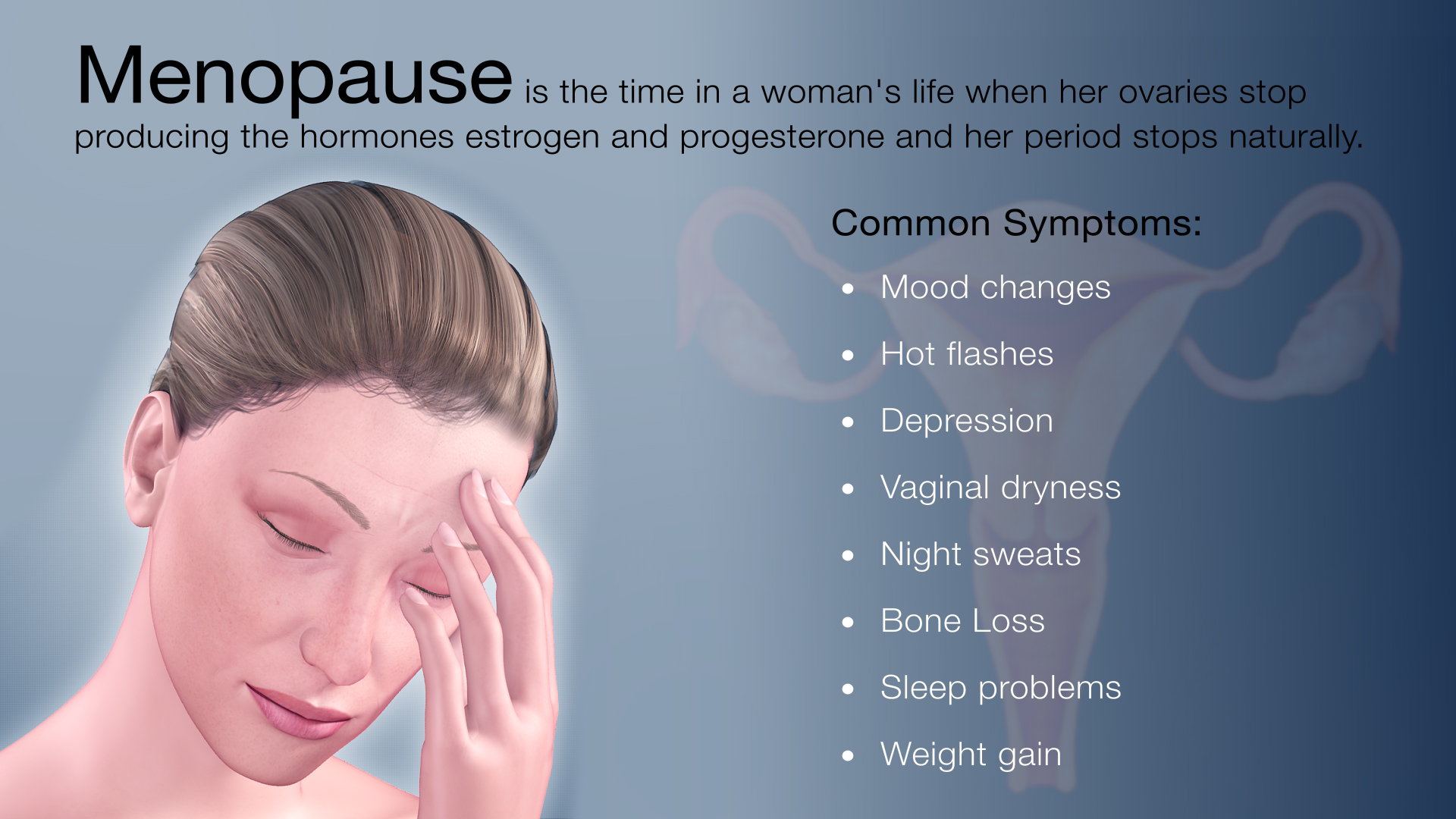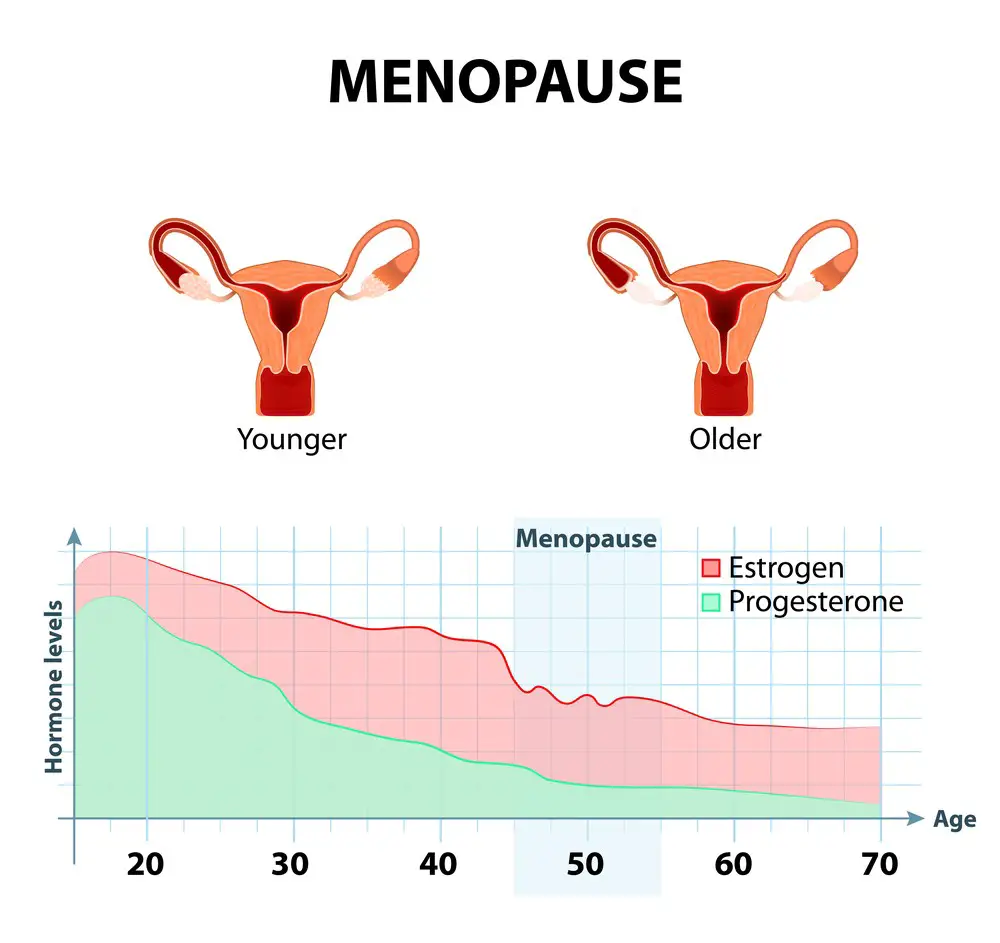Women and menopause embark on a transformative journey that encompasses physical, emotional, and social transitions. As hormonal shifts reshape the body, women navigate a landscape of physical symptoms, emotional challenges, and cultural perceptions.
This comprehensive guide delves into the intricacies of menopause, providing insights into its physical manifestations, emotional impact, and social implications. We explore medical interventions, lifestyle considerations, and coping strategies to empower women as they embrace this new chapter in their lives.
Physical Changes

Menopause is a natural biological process that marks the end of a woman’s reproductive years. It typically occurs between the ages of 45 and 55 and is characterized by a decline in the production of the hormones estrogen and progesterone.
These hormonal changes can lead to a range of physical symptoms, including:
- Hot flashes
- Night sweats
- Mood swings
- Sleep disturbances
- Vaginal dryness
- Weight gain
- Thinning hair
- Loss of breast fullness
In addition to these short-term symptoms, menopause can also have long-term health implications, such as:
- Increased risk of osteoporosis
- Increased risk of heart disease
- Increased risk of stroke
Emotional and Psychological Effects
Menopause can bring about a range of emotional and psychological challenges for women. These may include mood swings, anxiety, depression, and changes in self-esteem. It’s important to recognize these effects and develop strategies for coping with them.
Mood Swings
Mood swings are a common symptom of menopause. They can be caused by hormonal fluctuations, which affect the levels of neurotransmitters in the brain. These neurotransmitters, such as serotonin and dopamine, play a role in regulating mood. During menopause, the decline in estrogen and progesterone levels can disrupt the balance of these neurotransmitters, leading to mood swings.
Social and Cultural Aspects

The social and cultural perceptions of menopause vary widely across different societies, and these perceptions can significantly influence women’s experiences of this transition.
In some cultures, menopause is seen as a time of wisdom and respect, while in others, it is viewed as a time of decline and loss. These cultural norms and beliefs can shape how women feel about themselves and their bodies during menopause, and they can also affect the way they are treated by others.
Historical Perspectives
Historically, women have navigated menopause in a variety of ways. In some cultures, they have been revered as elders and given positions of authority. In other cultures, they have been marginalized and excluded from society. The way that women have experienced menopause has also been shaped by the availability of medical knowledge and treatments.
Medical Interventions
Menopause is a natural biological process that can bring about a range of physical, emotional, and social changes. Medical interventions can play a significant role in managing menopausal symptoms and improving overall well-being.
One of the most common medical interventions for menopause is hormone replacement therapy (HRT). HRT involves taking synthetic hormones, such as estrogen and progesterone, to replace the hormones that the body stops producing during menopause.
Benefits of Hormone Replacement Therapy
- Reduces hot flashes and night sweats
- Improves sleep quality
- Prevents bone loss and osteoporosis
- Reduces the risk of heart disease
- Improves mood and cognitive function
Risks of Hormone Replacement Therapy
- Increased risk of breast cancer
- Increased risk of blood clots
- Increased risk of stroke
- Nausea and vomiting
- Headaches
It is important to discuss the benefits and risks of HRT with a healthcare provider to determine if it is the right option for you.
Alternative Therapies
In addition to HRT, there are a number of alternative therapies that may help to manage menopausal symptoms. These include:
- Acupuncture
- Herbal remedies
- Lifestyle modifications, such as exercise, diet, and stress management
It is important to note that the effectiveness of these alternative therapies may vary, and it is always recommended to consult with a healthcare provider before starting any new treatment.
Lifestyle Considerations

Lifestyle considerations play a significant role in managing the physical, emotional, and social challenges associated with menopause. Adopting healthy habits can help women navigate this transition with greater ease and well-being.
Diet Plan, Women and menopause
A balanced and nutritious diet is essential for supporting women’s health during menopause. Focus on consuming:
- Fruits and vegetables: Rich in antioxidants and vitamins
- Whole grains: Provide fiber and energy
- Lean protein: Supports muscle mass and reduces cravings
- Dairy products or fortified alternatives: Calcium and vitamin D for bone health
- Healthy fats: From sources like olive oil, avocados, and nuts
Exercise Regimen
Regular exercise is crucial for maintaining physical and mental health during menopause. Engage in activities that:
- Promote cardiovascular health: Walking, running, swimming
- Build muscle mass: Resistance training, weightlifting
- Improve flexibility and balance: Yoga, tai chi
- Reduce stress and enhance mood: Aerobic exercises, dancing
Stress Management Plan
Menopause can bring about increased stress levels. To cope effectively, consider implementing:
- Mindfulness techniques: Meditation, deep breathing exercises
- Yoga or tai chi: Combine physical activity with stress reduction
- Spending time in nature: Reduces stress and improves mood
- Connecting with loved ones: Provides support and emotional outlet
- Seeking professional help: If stress becomes overwhelming
Top FAQs: Women And Menopause
What are the most common physical symptoms of menopause?
Hot flashes, night sweats, vaginal dryness, and sleep disturbances are among the most common physical symptoms.
How does menopause affect mood and emotions?
Menopause can trigger mood swings, anxiety, and depression due to hormonal fluctuations.
What lifestyle changes can help manage menopausal symptoms?
Maintaining a healthy diet, engaging in regular exercise, and practicing stress management techniques can alleviate symptoms.
Is hormone replacement therapy the only treatment option for menopause?
No, there are alternative therapies such as acupuncture, herbal remedies, and lifestyle modifications that can be explored.
How can I cope with the social and cultural stigma surrounding menopause?
Openly discussing menopause and seeking support from healthcare professionals and support groups can help break down stigma.